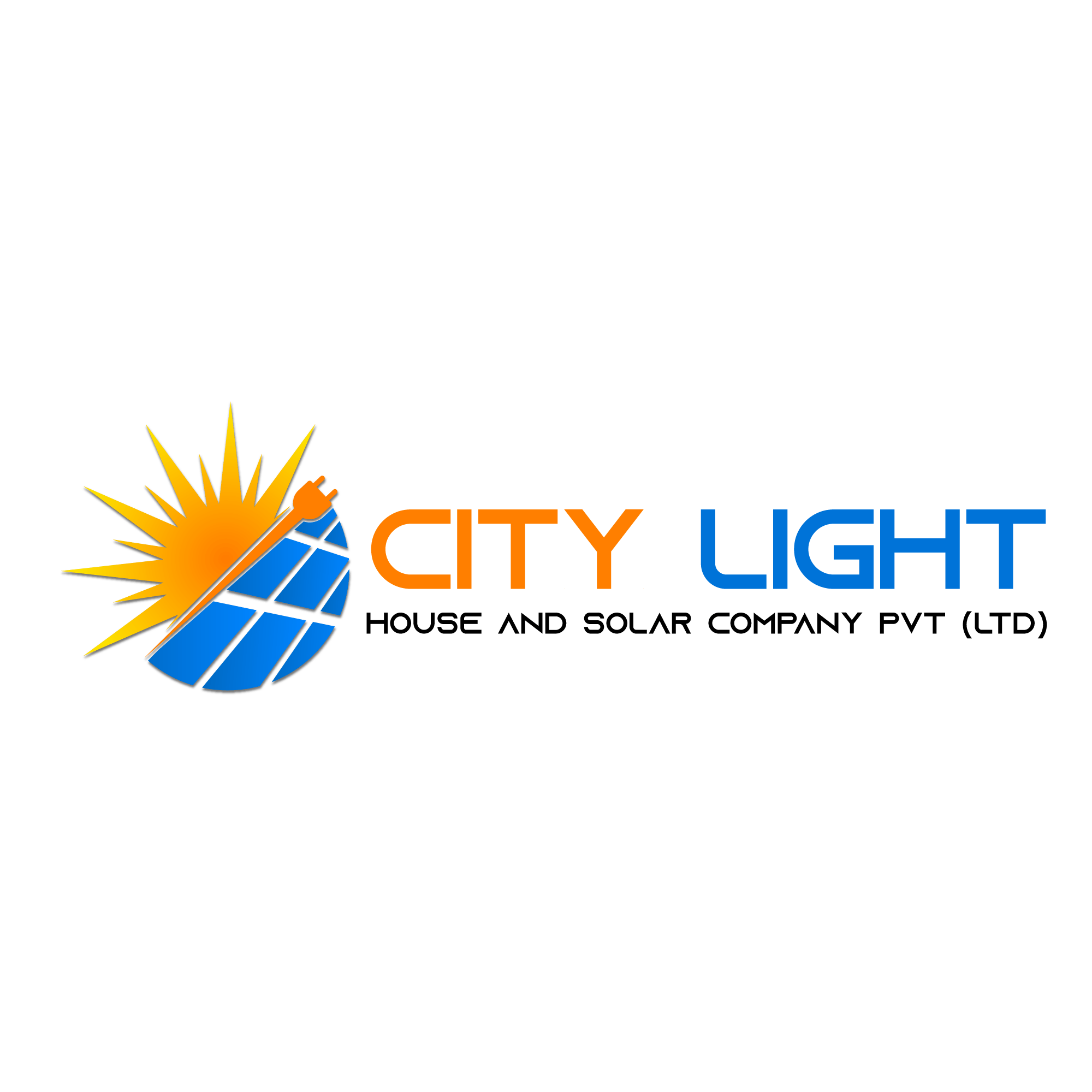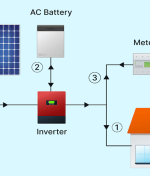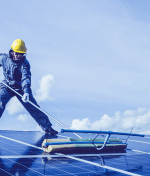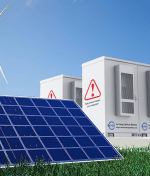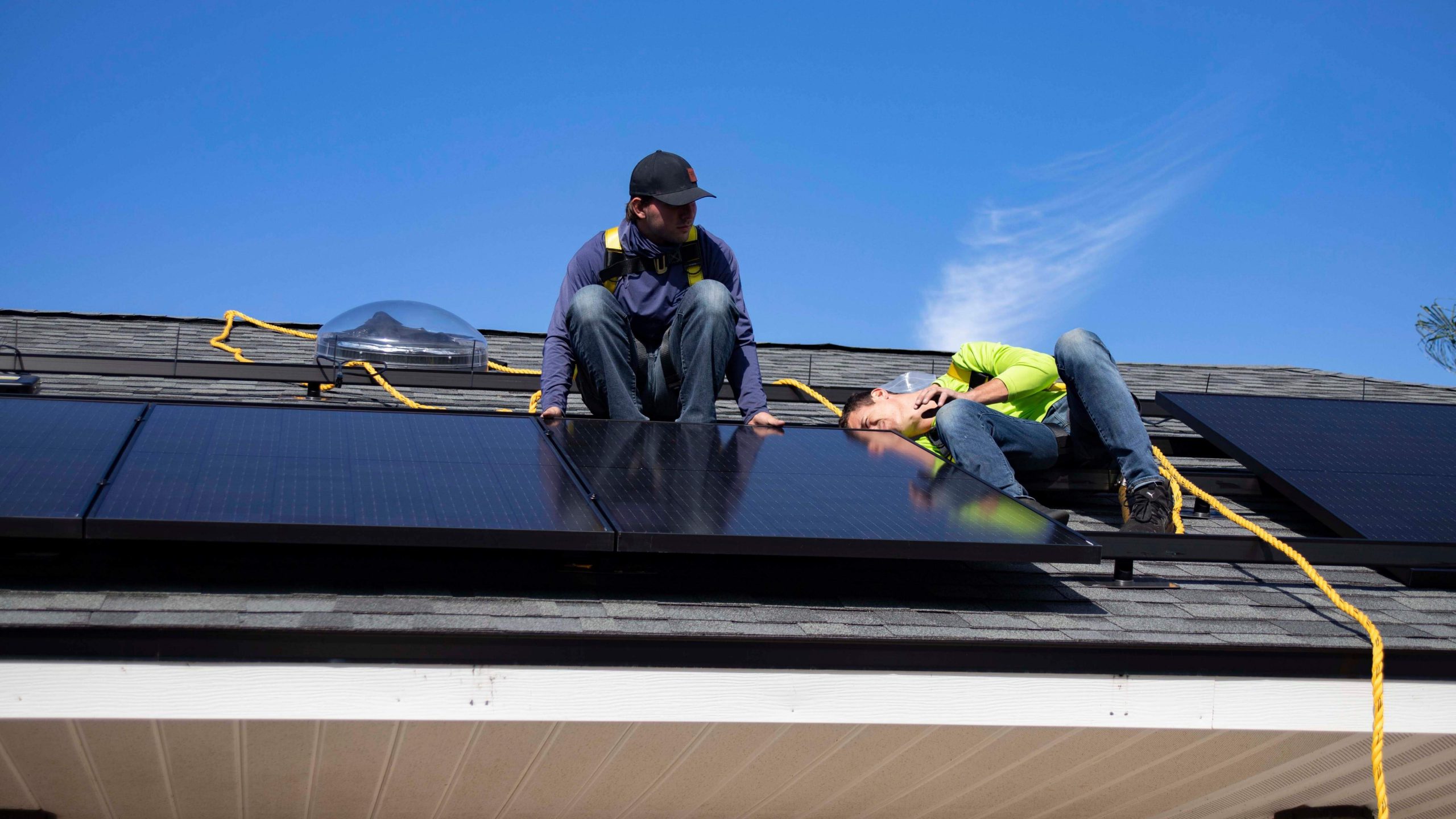
Can Solar Panel Work at Night?
Solar panels rely on sunlight for the photovoltaic effect, converting sunlight into electrical energy during daylight hours. They cannot generate power at night when sunlight is absent.
ARE SOLAR PANELS EFFECTIVE IN THE DARK? Solar panels are specifically designed to convert sunlight into electricity. Consequently, they do not generate power in the absence of sunlight, such as during nighttime.
Solar panels operate most efficiently during the day when exposed to direct sunlight. Various factors, including the angle of the sun, weather conditions, and shading, can affect their efficiency. However, the essential requirement for solar panels to produce electricity is sunlight, and they are not designed to function in darkness.
Tips for Enhancing Solar Panel Performance:
- Proper Installation and Placement: Ensure certified professionals install your solar panels following industry best practices. Proper installation significantly impacts panel efficiency. Position them in a location with maximum sunlight exposure, avoiding shading from trees, buildings, or other obstructions.
- Regular Maintenance and Cleaning: Keep solar panels clean to prevent dirt, dust, and debris from reducing efficiency. Regularly clean the panel surface with water and a soft brush. Schedule periodic professional inspections to detect issues early on, extending the lifespan of your solar panels.
- Use Energy-Efficient Appliances: Invest in energy-efficient appliances and lighting to decrease overall electricity consumption. This maximizes the solar energy generated by your panels. Consider upgrading to energy-efficient LED lights, smart thermostats, and other devices to enhance your home’s energy efficiency.
- Install a Battery Storage System: Integrate a battery storage system to store excess energy generated during the day for use during periods of low sunlight or at night. This setup optimizes self-consumption and reduces reliance on the grid.
- Monitor Energy Usage and Performance: Install a monitoring system to track your energy production and consumption. Many solar installations include monitoring tools providing real-time data on system performance. Use this information to identify trends, optimize energy usage habits, and promptly address any issues. Monitoring keeps you informed and proactive in managing your solar system.

